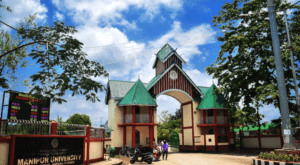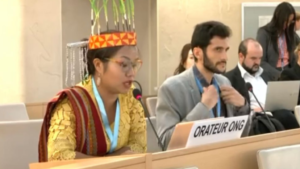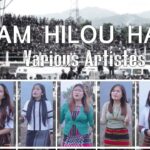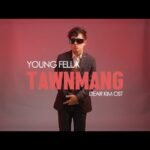Unau is your digital destination for celebrating the essence of brotherhood across the Kuki, Mizo, Zomi, and Hmar tribes.
By Hosea Khawbung
When our ancestors let their rooster out
when they first arrived in this land,
the rooster strutted, bathed in the dust, and crowed.
That’s what our folklore tells us, our ancient way
of settlement ritual on a new land.
Meaning: our roosters do not simply crow in the land
of others, in the land which is not our home.
We do not have indigenous writing scripts,
we do not have recorded history.
But we are not vagrants, some stray flock of birds.
Nor are we some temporary settlers
coming from foreign lands.
We are the first settlers
in this part of the land, our forefathers
braved a long way to reach these mountains
to finally quench their parched throats.
These forests then gave birth to our roots, our myths,
legends, and folk songs like mushrooms,
like bamboo shoots, out of the soil of these hills.
Our blood, since then, roots itself in the ancient forest
floor of old times when this land didn’t yet have borders.
Just because you won’t let us have our proper place
in your narratives, that doesn’t mean that our folklore
should stay silent. Our indigenous blood has been flowing
in the mountain rivers of these forests, and if it ever stops
flowing, we will make our final rest among the ancient
forest roots here, with our ancestors.
In the old days when calamity befell upon us,
we called out the name of our first ancestor Manmasi.
Now, we call out the name of our living God Jehovah,
because we are not only the children of this land
and these forests, but we are also the children of God.








